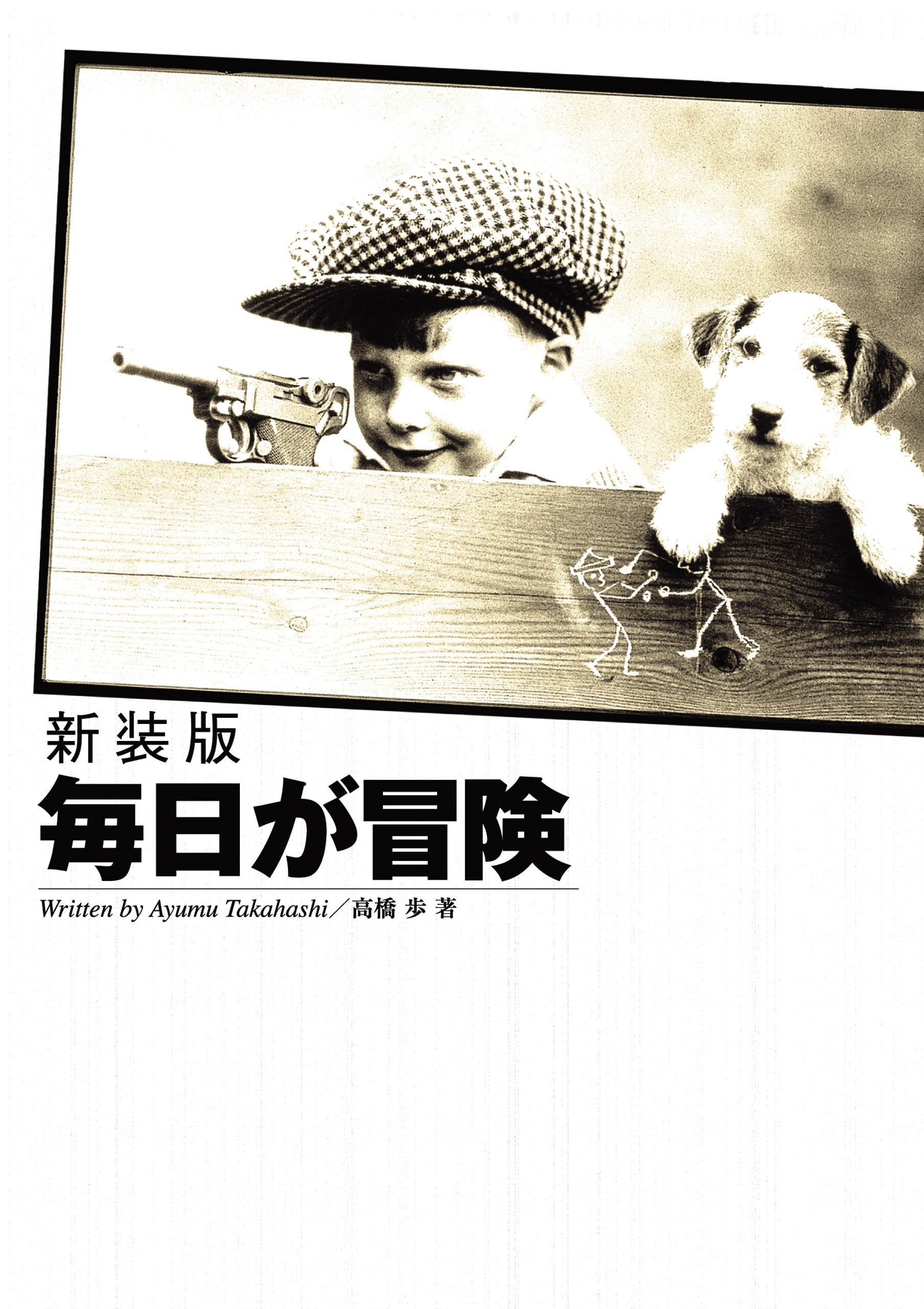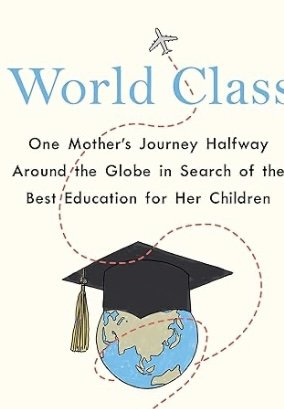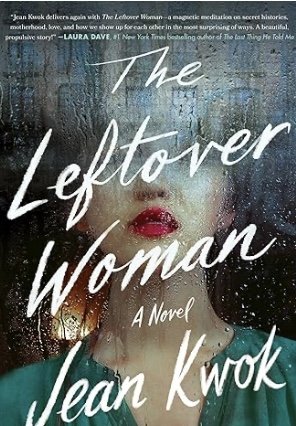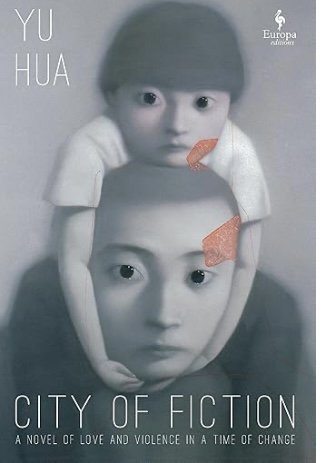毎日は冒険 (Mainichi ga Boken) by 高橋歩 (Ayumu Takahashi) Japanese Text Only
Ayumu Takahashi was born in Tokyo on August 26, 1972. He is an entrepreneur, writer, and the founder of Sanctuary Publishing. His book 毎日が冒険 (Mainichi ga Boken) translates into English as Everyday is an Adventure.
In this book, Takahashi relates seven different life experiences he has had. His adventure starts when he is still a senior in high school. All of his friends and classmates are either studying for the university exams or at least have a general idea of what they want to do after graduating from high school.
Takahashi has no idea what he’s going to do with his life after high school. He’s a little envious of his friends and peers. Some of them say, “I’m going to go to design school and become a famous designer” or “I’m going to university in Aomori to study to become a veterinarian”. It isn’t until Takahashi sees a commercial for the “Marlboro Man” that he’s inspired.
When he sees the commercial advertising Marlboro cigarettes featuring the “Marlboro Man” (cigarette ads were still very common in Japan in the seventies), Takahashi decides then and there to go to America and become an American cowboy! Although he can’t speak English very well, his mother says she has friends who will let him stay at their house for his time in the U.S.
For his first three days in Los Angeles, his hosts take him through Beverly Hills. They go on a drive to Santa Monica Beach. He nervously watches Terminator 2 at a small movie theater while a number of Black people are making noise. His hosts also take him to Universal Studios. Before he knows it, three days have passed. He reminds himself that he came to America to work as a cowboy. He certainly won’t find them in Los Angeles.
Takahashi believes he will find “real” cowboys in Texas. He books a flight to Dallas to go in search of some. His host tells him the best way to gather information is to go to a church whose members also speak his own language.
Takahashi manages to find a church where there are people who speak Japanese. One of the people he meets is kind enough to drive him to Fort Worth where a cattle auction is being held. Takahashi thinks, “Real cowboys!”. Now he needs to have the courage to speak to one of them to see if they would take him on as an apprentice. It’s easier said than done. However, he does meet a cowboy who takes him in for the night. The following day, Takahashi asks if he could work at the ranch to become a cowboy, the cowboy gives him a flat-out no and that’s the end of Takahashi’s dream of becoming a cowboy.
Takahashi goes back to Japan. He enrolls in a community college and also works part time as a delivery person for a pizza restaurant, since his dream of becoming a cowboy did not come to fruition, At the pizza joint where he makes more friends, one of his coworkers tells him that he’s going to take part in a “Hellish Success Philosophy Training Camp” and that Takahashi should join.
Takahashi manages to complete the course but he still doesn’t know what he wants to do with his life. As he is thinking about his future, he watches the Tom Cruise movie Cocktail and is inspired once again! “That’s it! I’ll open my own bar!”. In order to run a bar, you need to know how to make drinks. Aside from working part-time at the pizza place and going to college, Takahashi takes another part time job, working at a bar to learn more about the trade.
He also finds that starting your own business costs a lot of money. He talks to three of his friends who also had taken part in the “Hellish Success Philosophy Training Camp” to become his partners, which sparks Takahashi’s next major adventure. The four entrepreneurs borrow money from friends, family, acquaintances, ex-girlfriends, and old classmates. They manage to raise enough money to buy the bar where Takahashi works part-time.
Takahashi’s drive and enthusiasm for this new project encourages his partners as well. In a short amount of time, they re-open the bar under new ownership and call it Rockwells, named after Norman Rockwell, the American painter and also because they all like rock music.
Once the bar is successful, Takahashi becomes restless again. He wants to start something new. His next idea is to write a book and get it published. However he can’t find a publisher willing to take on an unknown author who doesn’t even have a manuscript yet. So, Takahashi comes upon a new idea. He will start his own publishing company and publish his own books. He will start from scratch once again to challenge himself to another adventure.
Takahashi’s story is inspiring. However, there are times when his actions seem to go against the grain of common sense. But with determination and perseverance, he overcomes the obstacles he is faced with. After successfully starting a publishing company, Takahashi is already planning for his next adventure. Where will life take him next??? ~Ernie Hoyt




